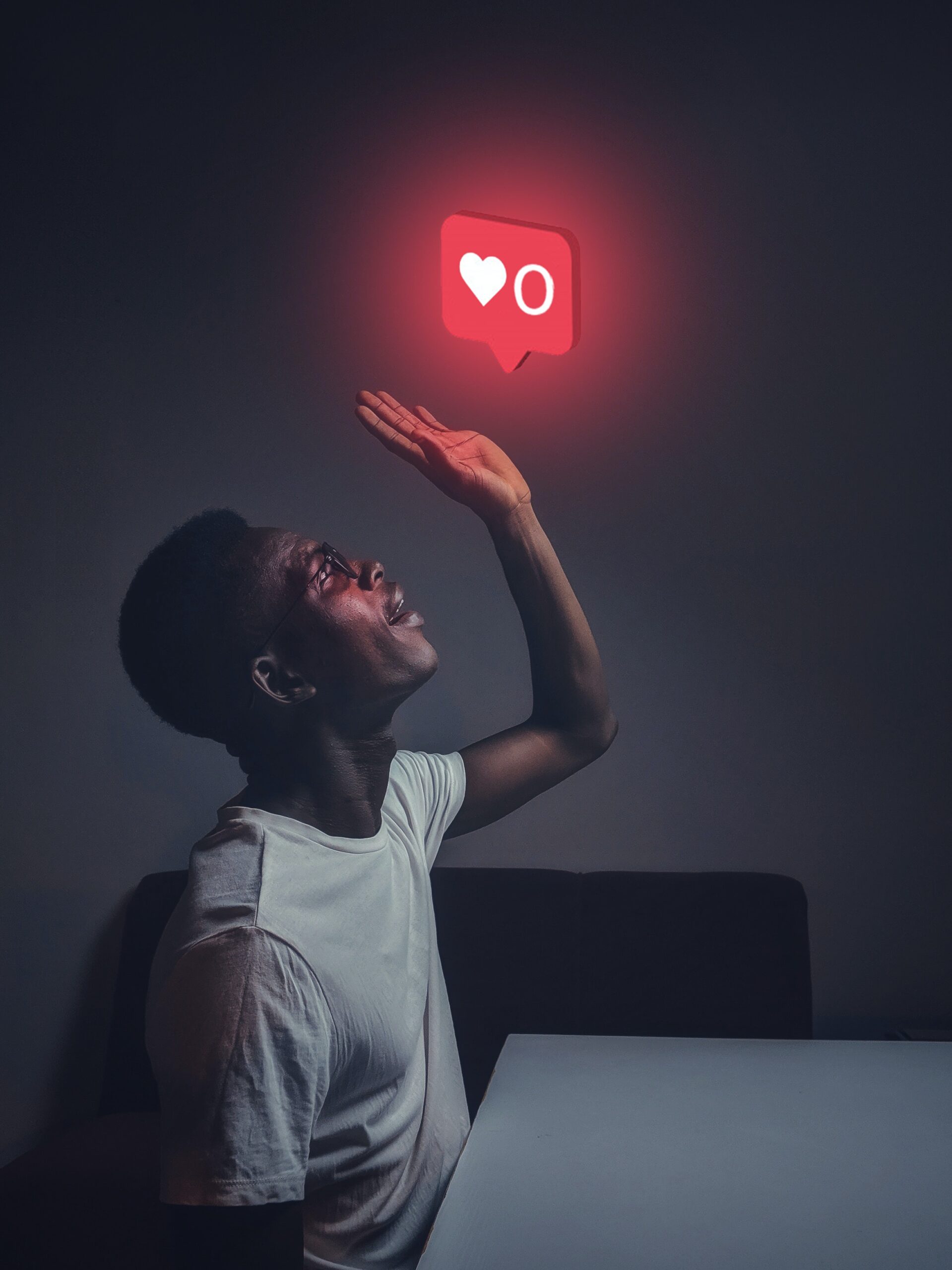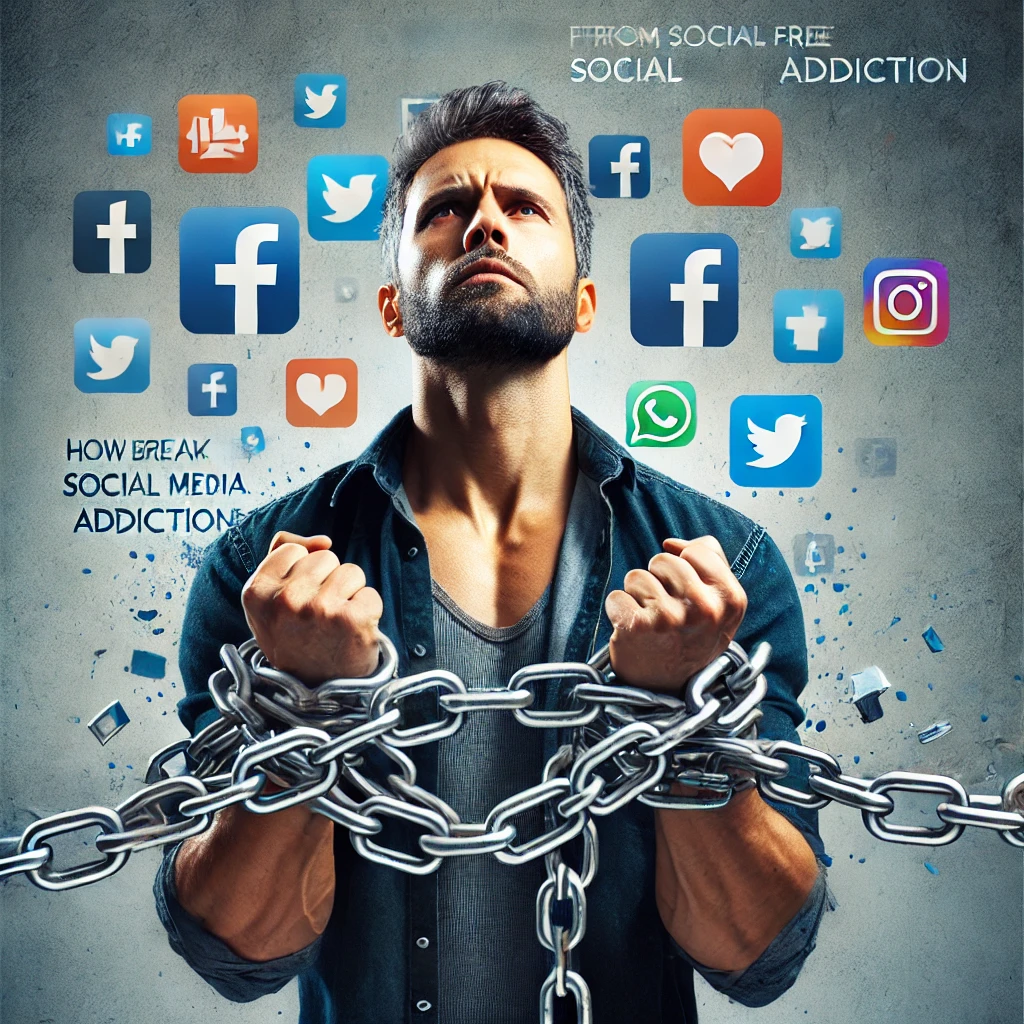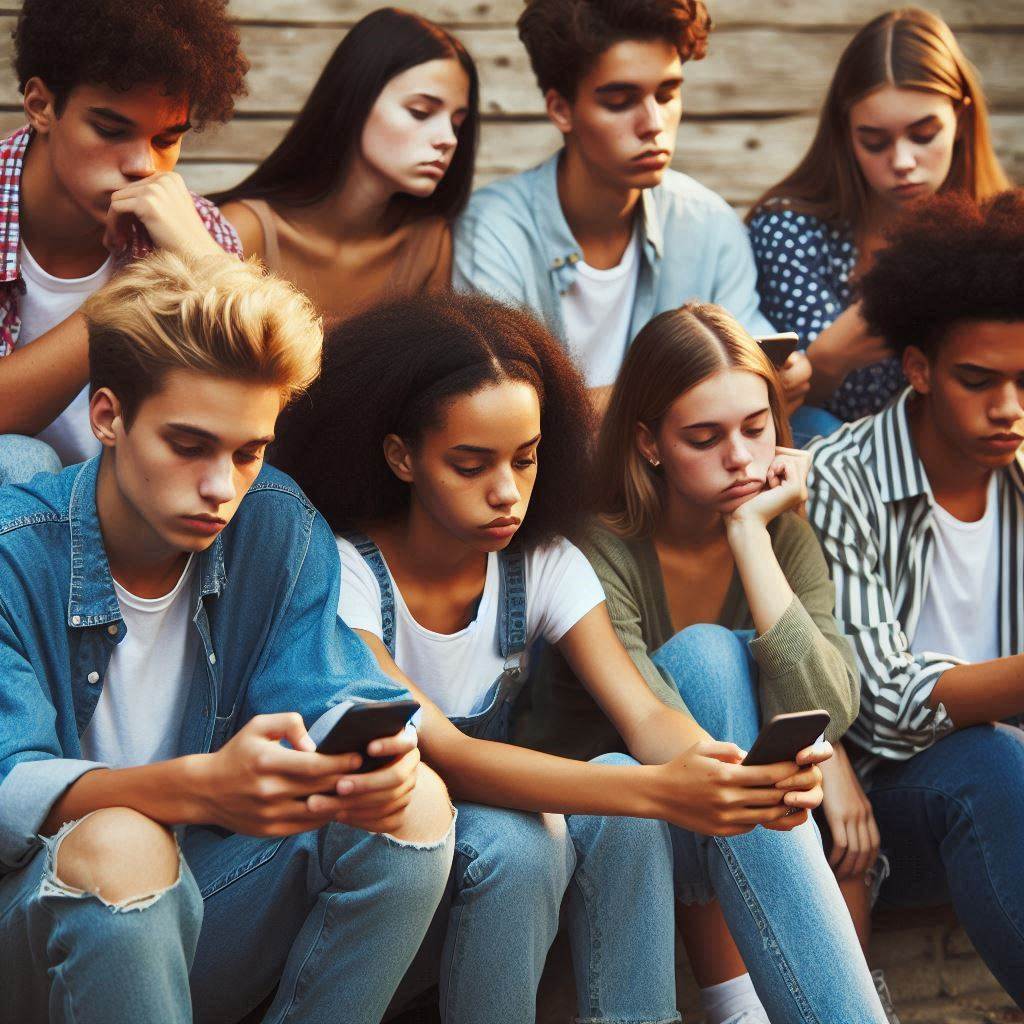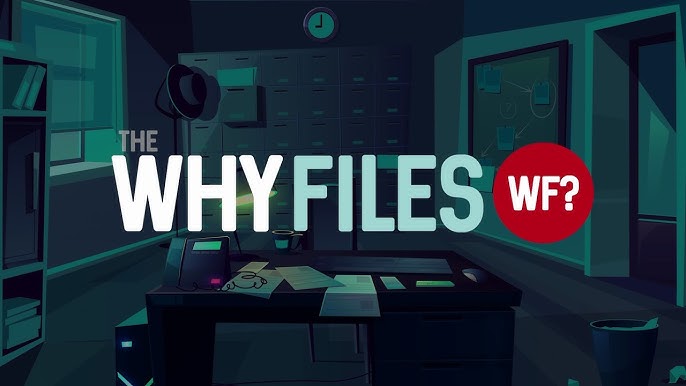The Disturbing Relationship Between Social Media Usage and Depression
Social media platforms have become an integral part of modern society, revolutionizing the way people communicate and share information. However, the pervasive use of these platforms has brought about new concerns, particularly regarding the relationship between social media and mental health. One compelling issue that has emerged is the association between social media usage and depression. With an understanding shaped by extensive research, this essay aims to explore the complex relationship between social media and depression, focusing on the potential negative impacts, underlying reasons, and possible solutions to address this problem.
Social Media Effects Mental Health
Firstly, it is crucial to acknowledge that social media can have detrimental effects on mental health, leading to or exacerbating depressive symptoms. Research consistently points towards a positive correlation between social media usage and depression. Studies have shown that people who spend excessive time on social media platforms often experience feelings of loneliness, envy, and the fear of missing out, also known as FOMO. The incessant exposure to carefully curated and idealized images and lifestyles on social media can lead to negative self-comparisons, damaging self-esteem and self-worth. Furthermore, extensive social media usage has been linked to a decline in face-to-face social interactions, leading to increased isolation and a lack of real-life support systems, which are vital for mental well-being.
Negativity, Social Media, and Depression
Secondly, to truly comprehend the relationship between social media and depression, it is essential to consider the underlying psychological reasons behind these negative effects. One critical factor is the addictive nature of social media platforms. The constant availability and instant gratification provided by notifications, likes, and comments can trigger a dopamine-driven reward system that encourages excessive use of these platforms. Moreover, individuals with pre-existing vulnerabilities may be more susceptible to the negative impacts of social media. For example, people with low self-esteem or a history of mental health issues may be more prone to experiencing depressive symptoms when faced with the distorted social realities presented on social media platforms.
Given the undeniable link between social media and depression, it becomes important to identify potential solutions to mitigate this issue. First and foremost, it is crucial to raise awareness about the potential risks and negative consequences of excessive social media usage. Educational campaigns targeting both adolescents and adults should educate individuals about responsible and mindful use of social media, self-compassion, and the importance of fostering real-life relationships. Additionally, social media platforms themselves should take greater responsibility by implementing features that promote healthy online behaviors and provide resources for mental health support. The introduction of time management tools, content moderation, and user-friendly reporting mechanisms for harmful content can contribute to creating a safer social media environment.
Responsible Social Media Use
The relationship between social media and depression is a complex issue that demands careful examination and understanding. While social media platforms offer numerous benefits, including increased connectivity and information sharing, the negative impacts on mental health cannot be disregarded. Excessive exposure to carefully curated content, the addictive nature of these platforms, and the potential exacerbation of pre-existing vulnerabilities can all contribute to the development or intensification of depressive symptoms. To address this pressing issue, a comprehensive approach involving education, platform accountability, and support systems is necessary, aiming to foster responsible social media use and promote mental well-being in the digital age.





